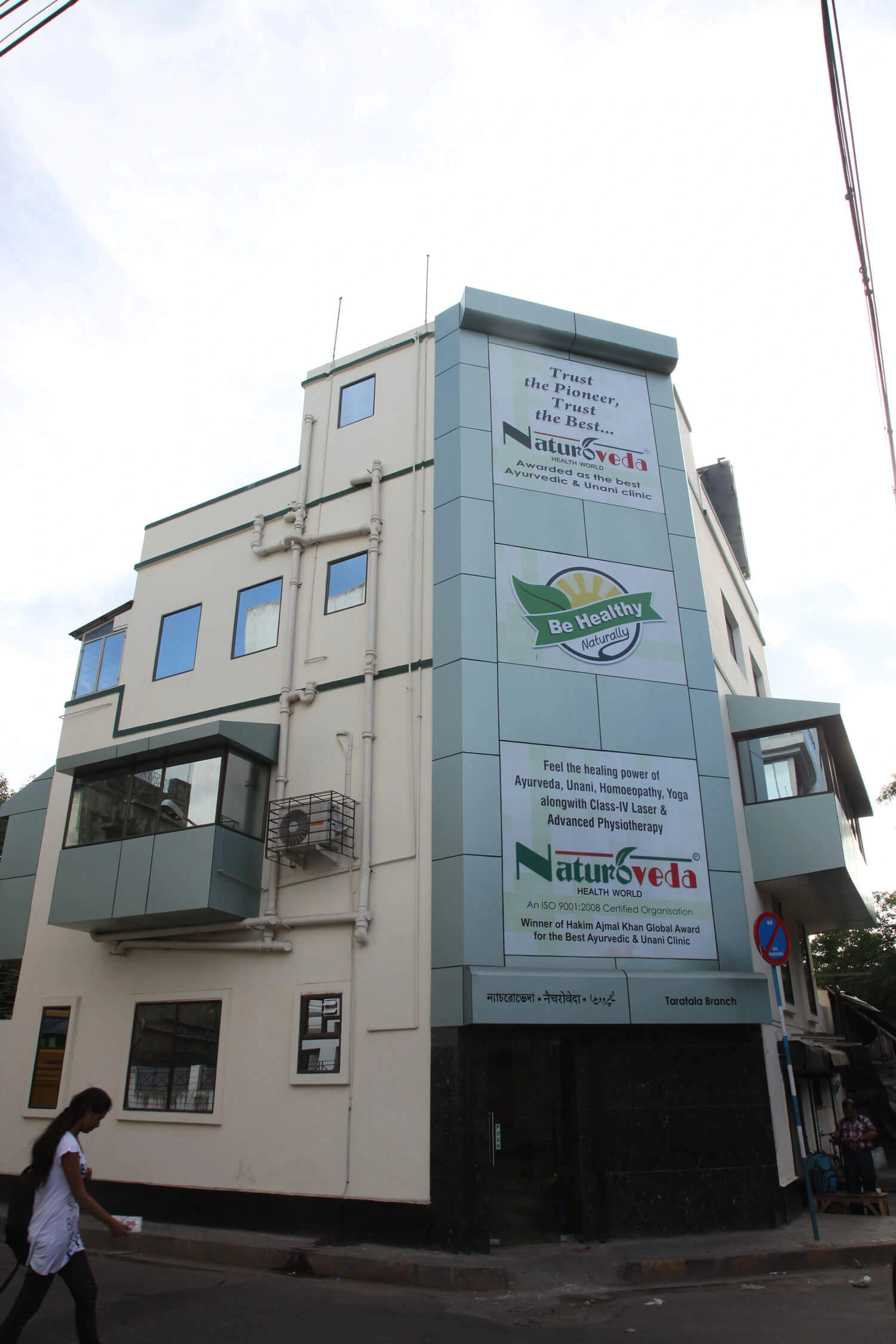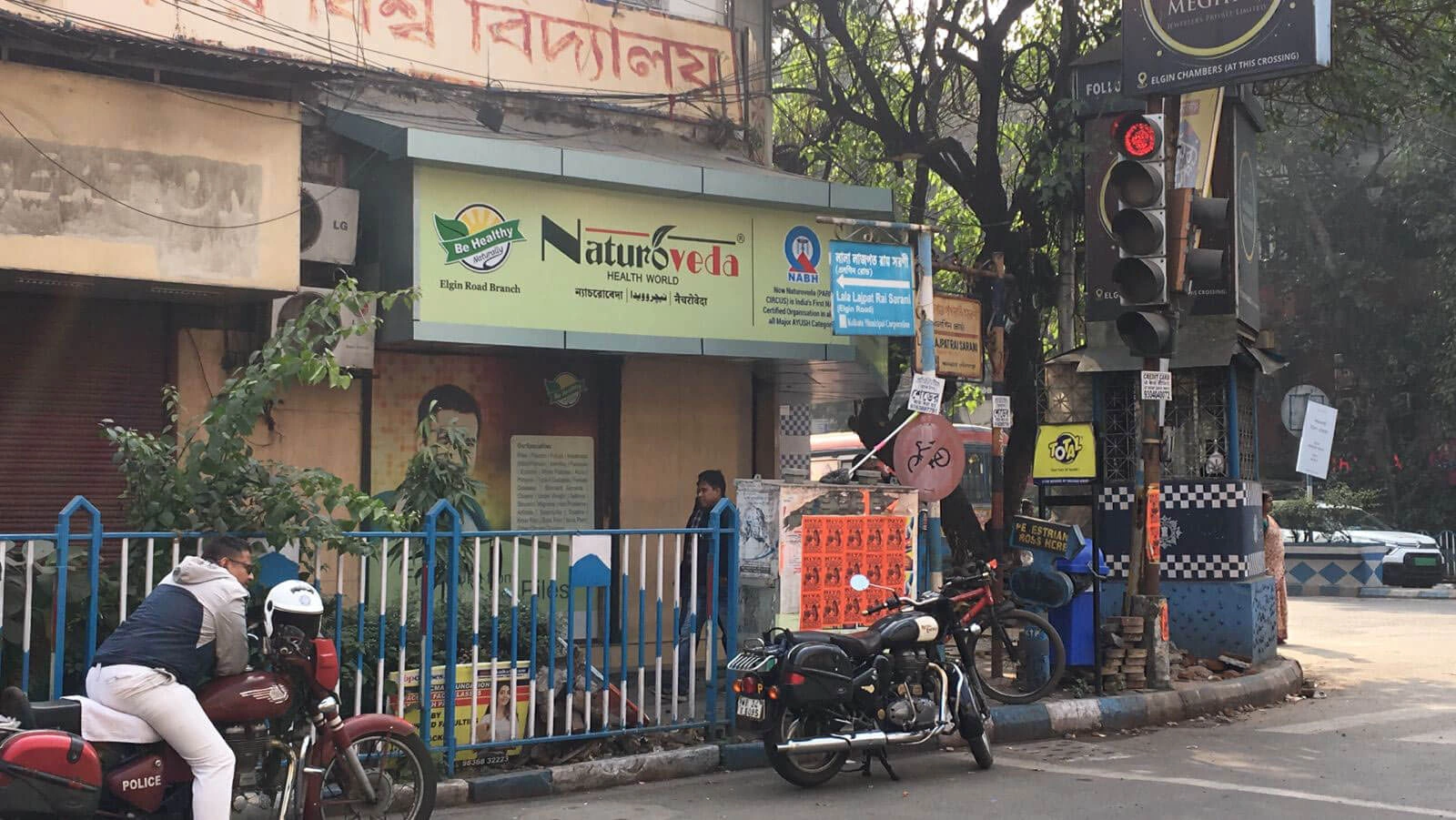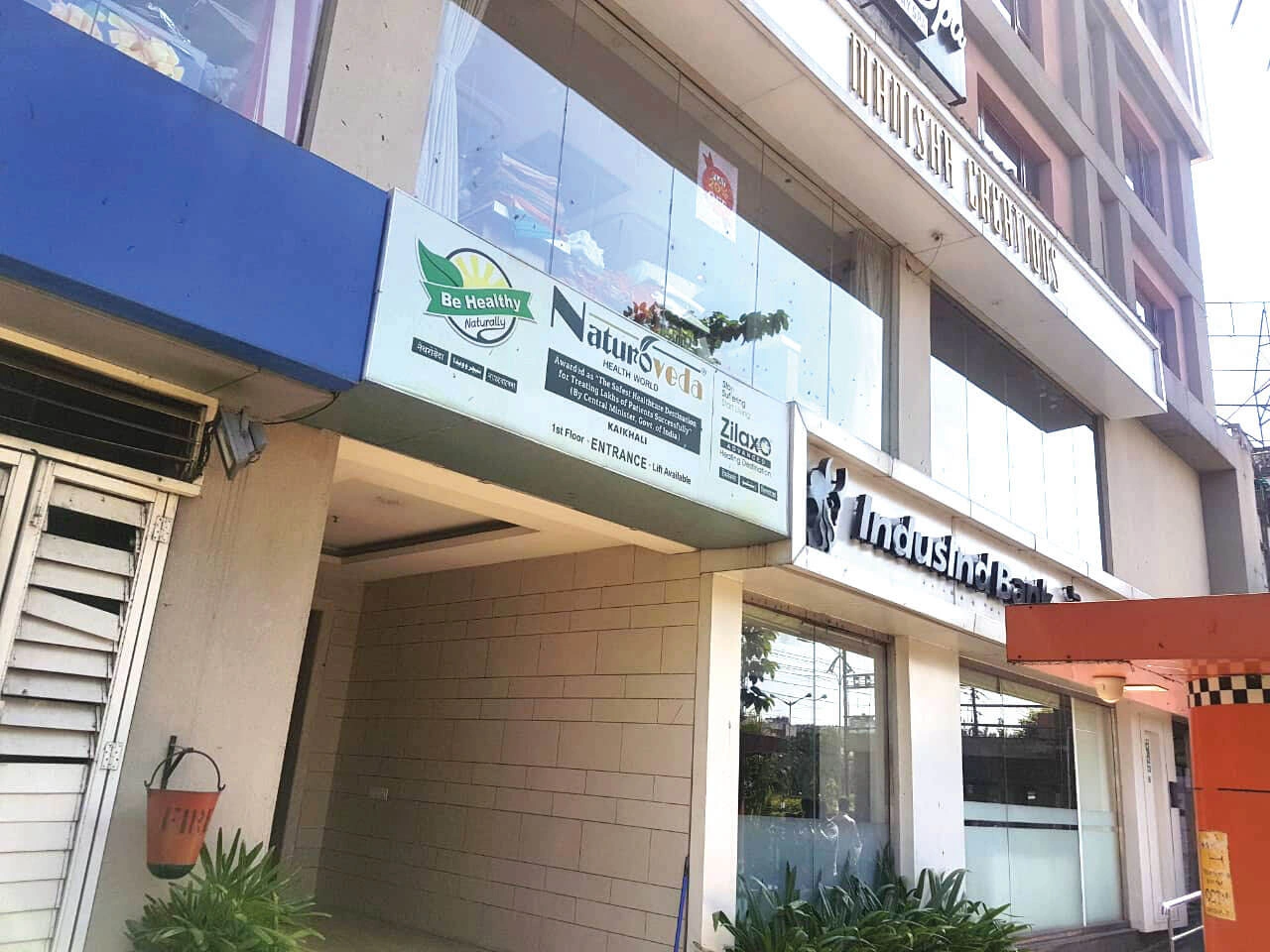Poor memory may start out as a minor and annoying behaviour pattern. But the condition can easily turn grave, leading to various nervous disorders that can turn one’s life upside-down.
Poor memory can lead to several progressive neurological disorders like Alzheimer’s, Parkinson’s disease and others in which the degeneration or death of brain cells causes memory loss and cognitive decline.
What is Poor Memory?
Memory is a tricky thing. It often remembers trivial things such as the face of a stranger or a random comment made by a friend and yet it is quick to forget crucial details. However, everyone forgets things from time to time. If one, however, begins facing daily challenges owing to their forgetfulness, the situation may turn even graver. A poor memory generally manifests itself in the form of forgetting information and experiences that a person would normally be able to remember easily.
In its advanced stages, it may cause memory loss or amnesia which can affect short-term or long-term memory.
- Short-term memories are those that recall things or information that have just occurred. These are recent memories.
- Long-term memories are those that recall events or information that happened a long time ago. They are also called remote memories.
The most important types of poor memory are as follows:
Mild cognitive impairment
Mild cognitive impairment is a condition in which a person suffers from a slight but visible decline in cognitive abilities compared with others of the same age. It may be an early sign of Alzheimer’s disease.
Dementia
It includes the loss of cognitive functioning e.g., learning, thinking, remembering, analyzing, visualizing, reasoning and other behavioral abilities to the extent that it affects one’s daily life. Dementia leads to a continuous decline in thinking patterns, behavioural & social skills, interfering with a person’s daily independent functions. The symptoms of Alzheimer’s are mild and hard to identify at the preliminary stage, gaining severity over time.
Alzheimer’s disease is the most common type of dementia– a group of conditions that cause impairment in two important brain functions, namely judgement and memory.
The number of people suffering from Alzheimer’s disease increases substantially after the age of 70 and affects around 38% of those over the age of 85.

Signs & Symptoms of Poor Memory

Long Term Complications of Poor Memory
- Cognitive Changes
- Impaired Speech
- Confusion
- Difficulty Concentrating
- Complete Memory Loss
- Malnutrition
Healthy Tips
- Avoid taking medications like antihistamines, antidepressants, muscle relaxants & sleeping pills
- Consume less added sugar & refined carbohydrates; refrain from taking alcohol & tobacco.
- Get enough protein, vitamin and other nutrients by consuming healthy foods.
- Improve your mental health by indulging in physical exercises, Pranayama and Meditation.
- Strengthen your memory by practising cognitive skills and playing brain games.
- Keep your mind active by reading books, writing journals and other positive activities.
- Manage other underlying medical conditions like high cholesterol levels, Diabetes, elevated blood pressure level, Hypothyroidism.
- Maintain a proper sleep cycle and get adequate sleep for at least 7 - 8 hours every night.
- Refrain from smoking and drinking alcohol, as it worsens the condition.

Suffering from chronic Poor Memory can lead you to stress and agony. But becoming hopeless is not the solution. Natural Treatment for Poor Memory has been proved to be highly efficacious. In this context, ‘Naturoveda Health World’ has rendered successful treatment by combining Fundamentals of Ayurveda, Potentised Unani and Therapeutic Yoga.
Foods to Eat
- Turmeric
- Black Pepper
- Ash gourd
- Broccoli
- Pumpkin seeds
- Cow’s ghee
- Bell pepper
- Berries
- Pomegranate
- Black grapes
- Cow's milk
- Brahmi leaves
- Egg
- Fatty fish
- Chicken
- Dates
- Raisins
Foods to Avoid
- Carbonated Drinks
- Deep fried food
- Refined flour
- Soy
- Chips
- Canned fruit juice
- Sugar
- Artificial sweeteners
- Foods containing MSG (Monosodium glutamate)
- Margarine
- Processed food
- Red meat
Why Choose Naturoveda
The Largest Team of Qualified Ayurvedic, Unani Doctors & Yoga Experts.
Natural, Safe & Scientific. No Side-effects.
Prime Focus on eradication of the root cause of disease.
Confidentiality is strictly maintained.
Experience of having treated more than7.5 Lakh Patients.
Backed by extensive R&D, Medicines approved by the Drug Control of India.


























